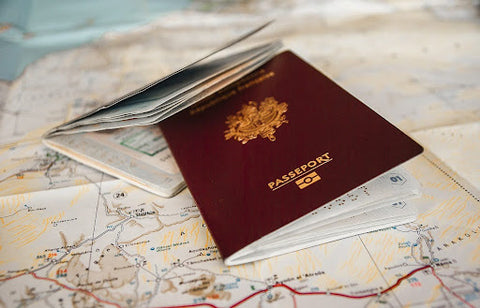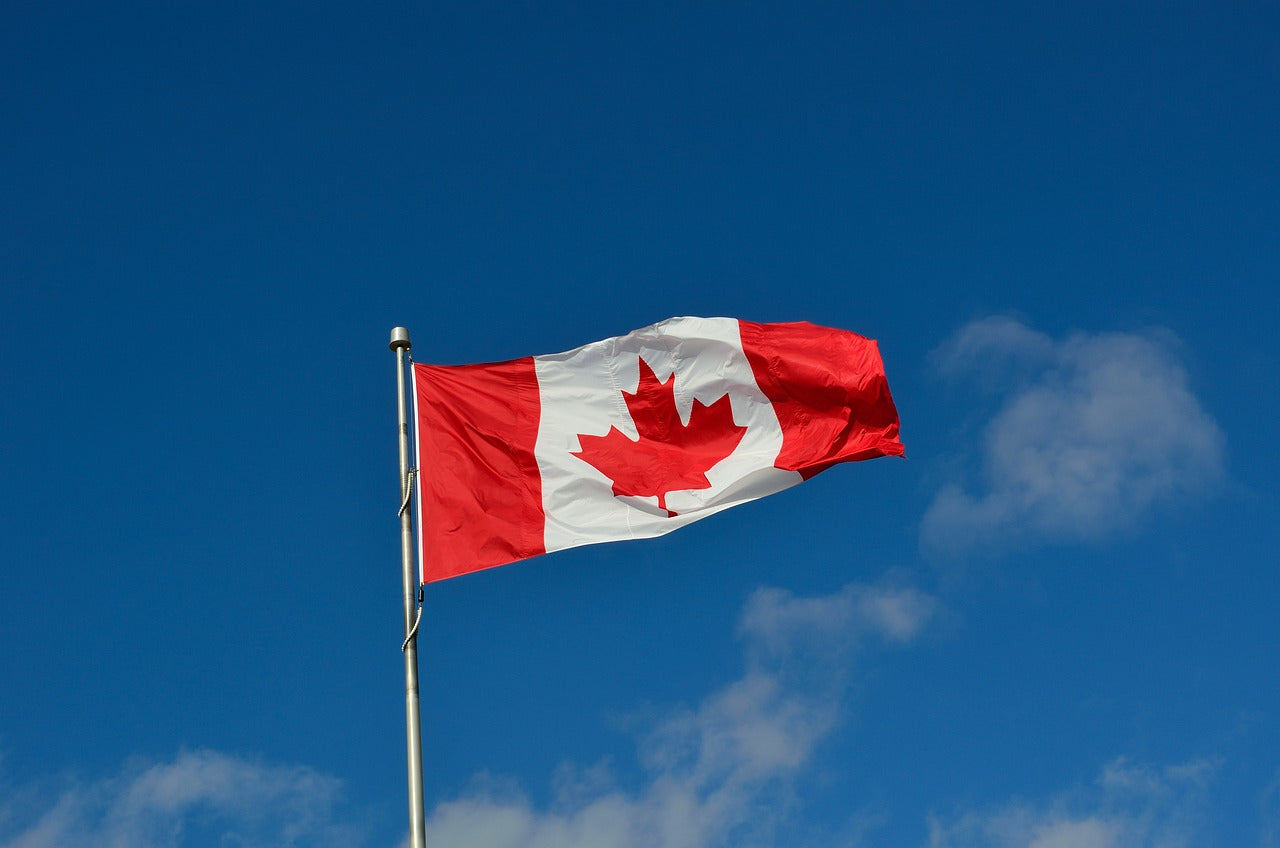From the glaciers and mountains in British Columbia to the exciting city of Quebec, there are so many reasons to visit Canada. While many choose to fly into the country, others may opt to bring their RV. Before you do so, there are several ways you should prepare to cross the border. From ensuring you have your passport to anticipating a vehicle inspection, here is the best way to prepare to cross the Canadian border in your RV.
How to Prepare

1. Have All Necessary Documents
First and foremost, you’ll need to have all of the necessary documents to cross over the border. Before even planning your trip, check that your passport has not expired, or if it is close to being expired, it may be worth getting it renewed. You will also need to have all of your insurance papers, RV ownership documents, vehicle registration, and your drivers license handy. By having all of these documents ready before driving up to the border, it will allow for a smoother process.
2. Be Honest About What You Have
When you pull up to the border, customs officials will most likely ask you some questions, such as what you do for work, why you are visiting, or if you have specific items in your car. No matter what you are asked, the most important thing you can do is be honest, especially because your car could be searched. By being up front, the process will be a lot smoother. You can also make this entire process easier by being educated on restricted items and removing any that are in your vehicle prior to your trip.
3. Be Prepared for a Vehicle Inspection
While at the border, your RV may get searched. This does not mean that you did anything wrong. Oftentimes, vehicles will get searched at random, which is why you should always be upfront and honest when customs officials interview you. Before the officials ask you to exit your RV, be sure that the propane tanks are turned off for safety purposes.

4. Know Prohibited Items
While there are certain items you carry around regularly that may seem harmless, there is a possibility that they could be prohibited in Canada, meaning you won’t be able to bring them over the border. If you do have such items, you may face consequences, such as fines, prosecution, or penalties. Items that cannot be brought over the border are things such as cannabis, specific consumer products, firearms and weapons, food, plants, animals, and explosives, fireworks, and ammunition. Check out the full list of items on the official Government of Canada website for more information.
5. Prepare For the Drive
Once you cross the border, you will notice things like your GPS changing to kilometers and that gas prices are displayed by cents per liter. To ensure a safe drive, you should educate yourself on what to expect, such as how to read signs and directions. In addition, you may be driving through lots of snow, depending what time of year it is. If snow is in the forecast, check road conditions and ensure that you have snow tires on your RV.
Once You Get Into the Country

6. Check Your Phone Plan
As soon as you cross the border, you will notice that you will be using text and data in another country. Check with your phone plan to see if your domestic plan includes any charges while roaming or if you have unlimited access in the country. If you do not have an unlimited plan, you will likely have to pay roaming charges.
7. Know the Currency Exchange
When you’re in Canada, there is a currency exchange. One Canadian dollar equals 0.74 U.S. dollars, meaning if you spend $100 in Canada, you will actually be spending $74 USD. Knowing the currency exchange will help you plan a budget for the trip properly.

8. Learn Basic Language Skills
Although you’ll find that many Canadians speak English throughout the country, there are many regions that are heavy in speaking French, such as Montreal and Quebec. It’s not only respectful to learn the basics of the language, it also makes communicating while you travel much easier. From asking where the bathroom is (Où se trouvent les toilettes?) to ordering a coffee (Puis-je prendre un café s'il vous plaît?), understanding French can make both crossing the border and exploring Canada much easier and more exciting.
After reading this guide, we hope that you’re able to prepare to cross the Canadian border in your RV with confidence. By following these simple steps, you’ll make for a smooth, fun, and easy trip. If you’re looking for ways to save money on your trip, then feel free to check out our budget-friendly RVing guide as well.
See you on the road!



Share:
WiFi on Wheels: Your Guide to RV WiFi
Everything You Need to Know About Our FOB Remotes